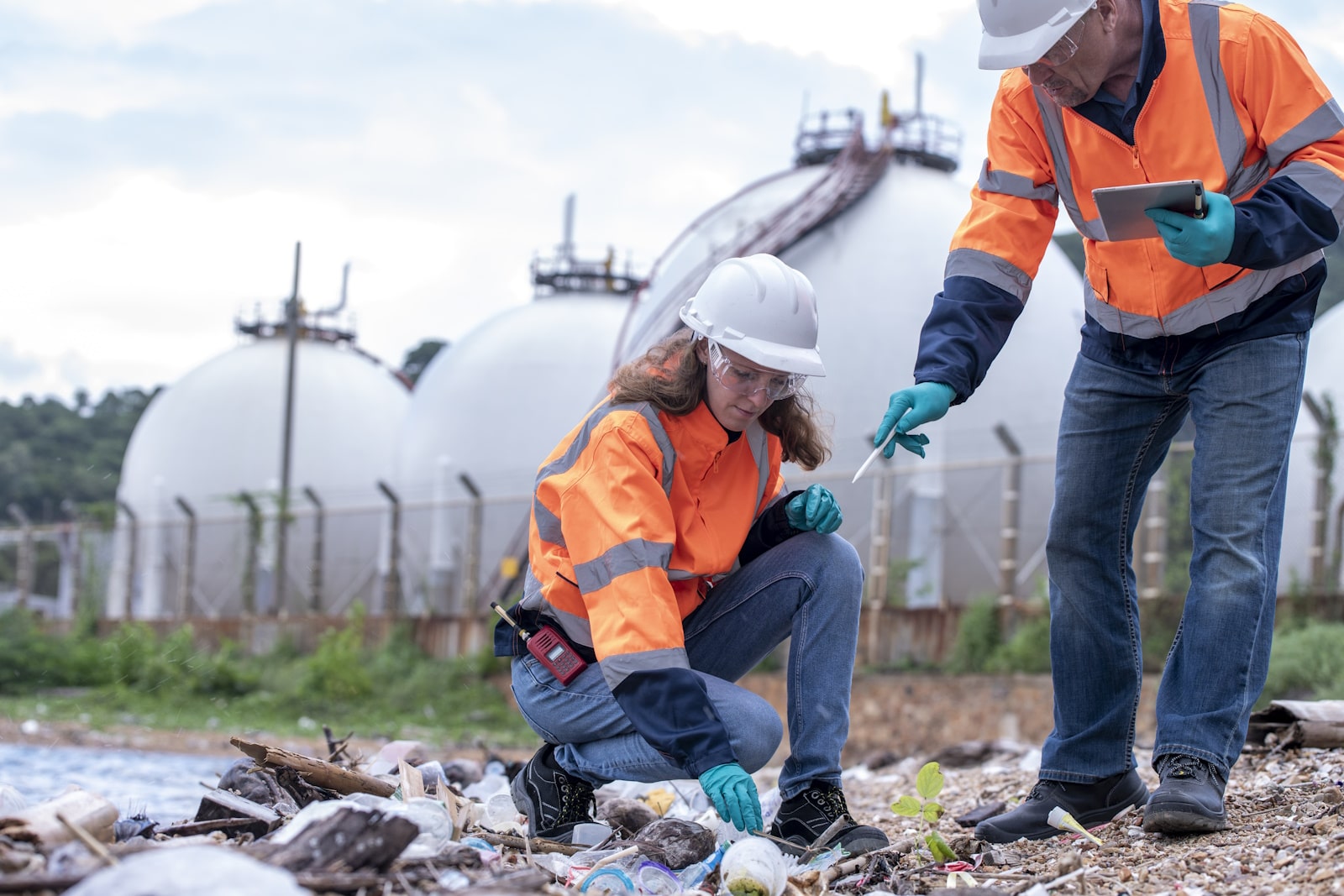Waste Management Company in South Africa: Biodigesters
South Africa faces a mounting organic waste crisis, with millions of tonnes of food waste generated annually. Most of it ends up in landfills, contributing to methane emissions and environmental degradation. But with the right technology, this waste could become a valuable resource. One such solution is the biodigester—a system increasingly championed by every forward-thinking waste management company in South Africa looking to align with national sustainability goals.
What Are Biodigesters?
Biodigesters are systems that use anaerobic digestion to break down organic matter—such as food scraps and agricultural by-products—without oxygen. Microorganisms consume this waste, producing biogas (a mixture of methane and carbon dioxide) and digestate, a nutrient-rich substance usable as fertiliser. For any waste management company in South Africa, biodigesters represent a practical and scalable tool for reducing environmental impact and recovering value from organic waste.
Types of Biodigesters Used in South Africa
South Africa employs various biodigester systems tailored to different scales and settings:
- Small-scale systems: These include floating drum, fixed-dome, and plug-flow digesters, suitable for households and small farms. They are prevalent in rural areas where access to energy and waste management services is limited.
- Industrial-scale systems: Larger operations, such as the biogas plant at Uilenkraal dairy farm in Darling, Western Cape, utilise advanced technologies to process substantial volumes of agricultural waste, generating significant amounts of electricity.
Whether it’s a small urban food stall or a large agribusiness, a reliable waste management company in South Africa can advise on and install suitable biodigester systems.
Organic Waste Sources for Biodigesters in South Africa
Biodigesters in South Africa process a variety of organic waste sources, including:
- Household food waste: Leftovers and kitchen scraps from domestic settings.
- Restaurant and market waste: Spoiled produce and food preparation waste from commercial establishments.
- Agricultural byproducts: Animal manure, crop residues, and processing waste from farming activities.
- Sewage and wastewater: Organic-rich effluents suitable for anaerobic digestion.
A trusted waste management company in South Africa can facilitate organic waste collection, ensuring optimal feedstock quality and volume for efficient biodigester operation.
Environmental Benefits of Biodigesters
Implementing biodigesters offers several environmental advantages:
- Methane capture: Prevents methane, a potent greenhouse gas, from entering the atmosphere.
- Renewable energy production: Biogas can be used for cooking, heating, and electricity generation, reducing reliance on non-renewable energy sources.
- Organic fertiliser: Digestate enhances soil fertility and reduces the need for chemical fertilisers.
- Waste reduction: Diverts organic waste from landfills, decreasing environmental pollution and landfill usage.
These outcomes support both environmental policy goals and the operational ethos of every progressive waste management company in South Africa.
Challenges to Biodigester Adoption in South Africa
Despite their advantages, biodigesters face several challenges in South Africa:
- High initial costs: Investment in infrastructure and technology can be prohibitive for small-scale users.
- Technical expertise: A shortage of skilled personnel for installation and maintenance hampers widespread adoption.
- Infrastructure gaps: Limited access to consistent feedstock supply and distribution networks affects operational efficiency.
- Regulatory hurdles: Complex permitting processes and lack of supportive policies can deter potential adopters.
A qualified waste management company in South Africa can help navigate these challenges, from feasibility assessments to regulatory compliance.
Government Policies and Support Programmes
The South African government has introduced policies to promote sustainable waste management:
- National Waste Management Strategy (NWMS) 2020: Emphasises waste minimisation and the promotion of waste-to-energy technologies, including biogas production.
- Waste-to-Energy (WtE) Roadmap: Aims to develop a framework for implementing biogas projects and integrating them into the national energy mix.
Working with an experienced waste management company in South Africa ensures alignment with current laws and government incentives.
Commercial and Community Success Stories
Several initiatives showcase the successful implementation of biodigesters in South Africa:
- Uilenkraal dairy farm, Darling, Western Cape: The farm’s biogas plant processes dairy manure to generate electricity, demonstrating the viability of biodigesters in agricultural settings.
- Maluti-a-Phofung municipality, Free State: Introduction of household biodigesters improved energy access and waste management in rural communities, highlighting the technology’s potential in enhancing livelihoods.
These successes are typically supported by a forward-looking waste management company in South Africa involved in consultation, supply, and maintenance.
Role of Waste Management Companies
A competent waste management company in South Africa is pivotal in scaling biodigester adoption. Services often include:
- Phambili Services: Offers integrated waste management solutions, including organic waste collection and processing, contributing to sustainable waste practices.
- Organic Matters: Specialises in recycling and composting services, aiding in organic waste diversion and resource recovery.
Collaborating with a waste management company in South Africa can facilitate the implementation and maintenance of biodigester systems, ensuring their long-term success.
The Future of Food Waste Solutions in South Africa
The potential for scaling biodigesters in South Africa is significant:
- Integration with urban agriculture: Biodigesters can support urban farming initiatives by providing fertiliser and energy, promoting food security.
- Energy supply: Biogas can supplement the national energy grid, contributing to energy diversification and resilience.
- Circular economy initiatives: Biodigesters align with circular economy principles by transforming waste into valuable resources, fostering sustainable development.
Realising this potential requires continued investment, policy support, and public awareness to drive widespread adoption.
Partner with A-Thermal for Sustainable Waste Solutions
At A-Thermal, we understand the potential of biodigesters in transforming South Africa’s food waste challenge into an opportunity. As a leading waste management company in South Africa, we specialise in biodigester systems tailored for both commercial and community needs. Contact us today to explore how we can help you turn organic waste into energy and fertiliser—and move towards a more sustainable future.







